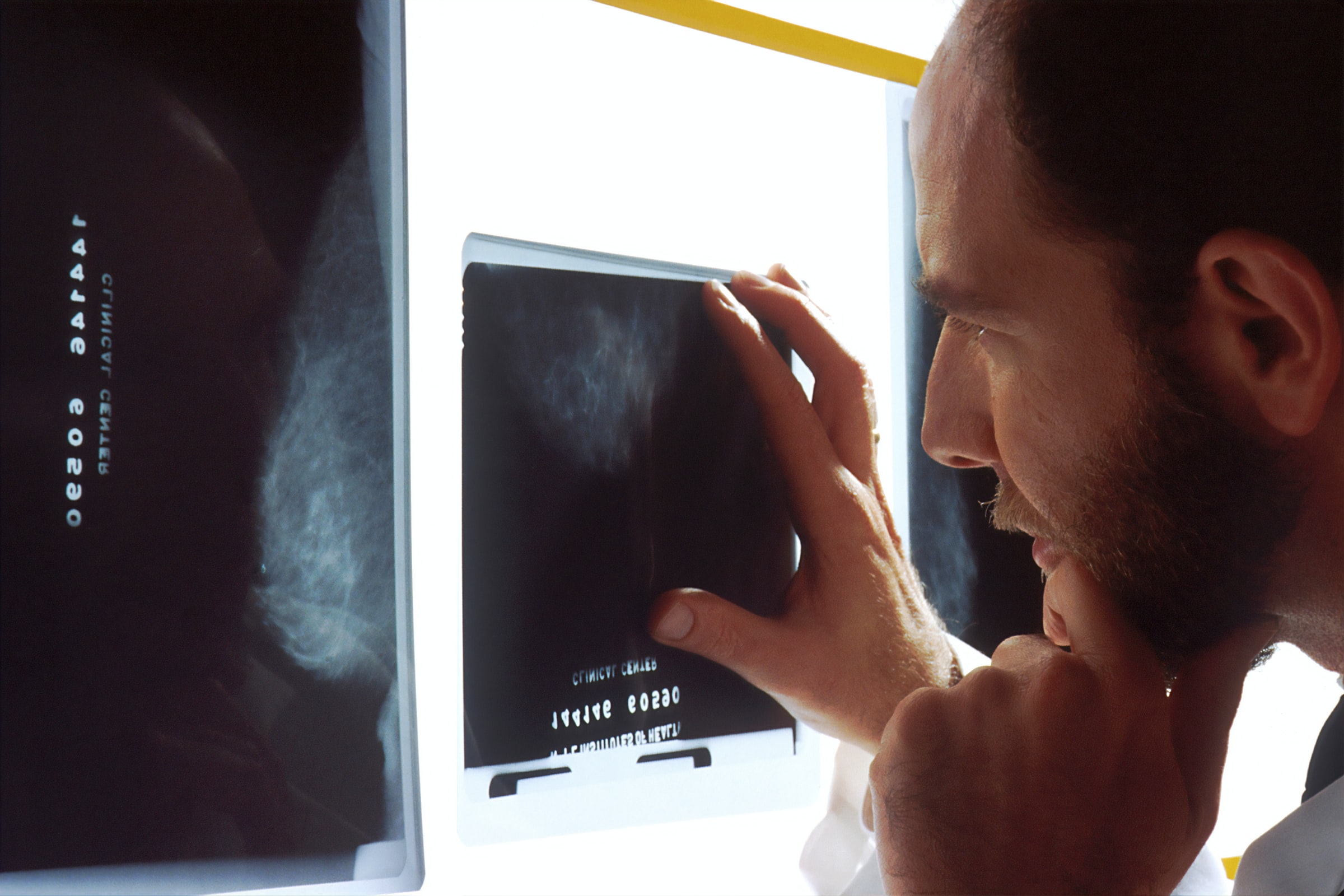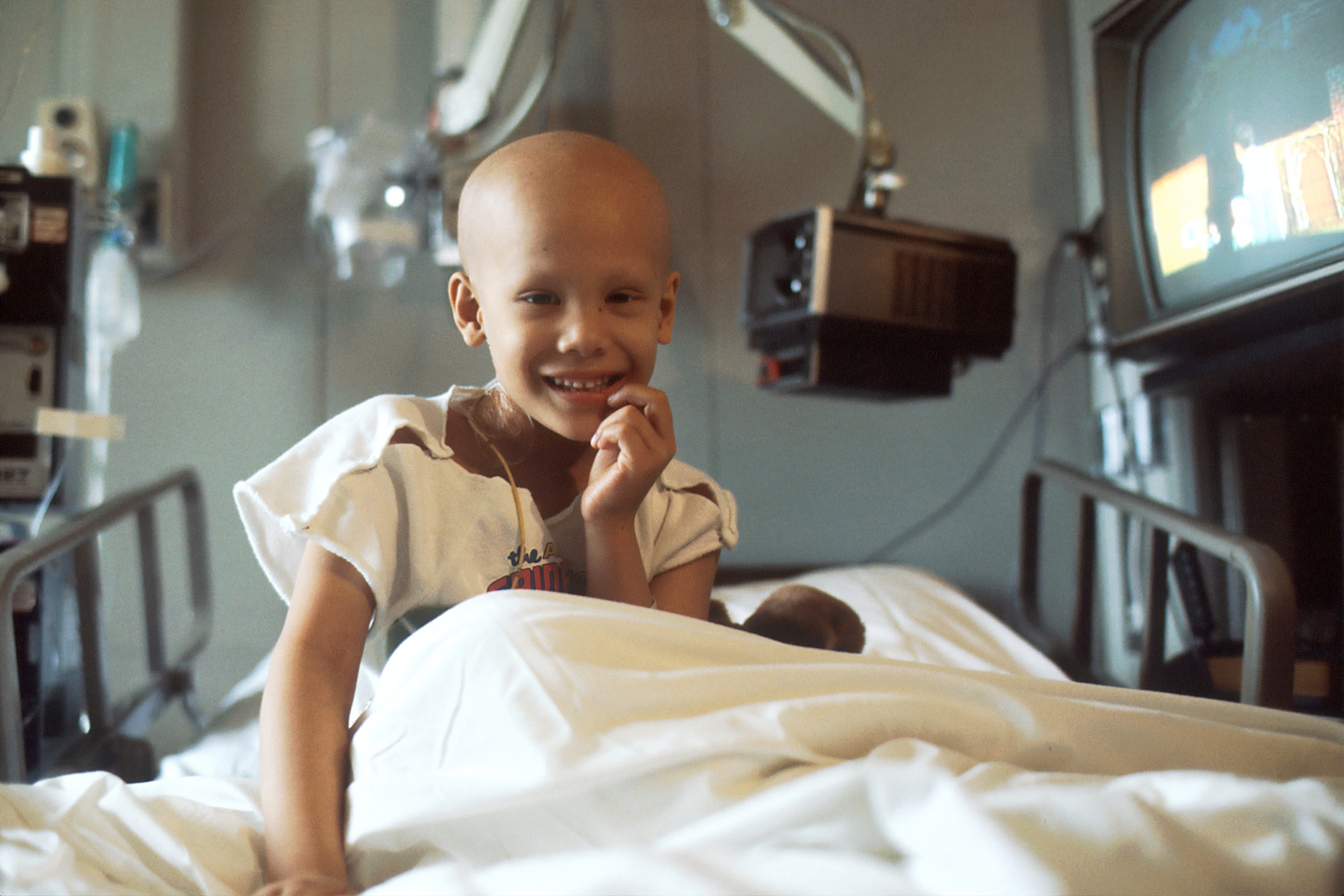Very few cancers are caused by just one thing. Most appear to be caused by a complex combination of many risk factors, but sometimes cancer occurs in people who have no risk factors. A risk factor is a substance or condition that increases the risk of cancer. Cancer risk factors can play different roles in the development of cancer. So without further ado, let’s dive into this blog and learn some of the things that everyone ought to know about cancer.
Causes

Here are some examples of risk factors for cancer:
- Getting older
- Smoking
- Not being protected from the sun
- Carrying certain genetic changes
- Being overweight or obese
- Not having a healthy diet
- Not getting enough physical activity
- Drinking alcohol
- Being in contact with harmful chemicals at home or work
- Having certain types of infections.
Cancer risk
Cancer risk is the chance that you will get cancer in the future. In general, the more often and the longer you are exposed to a risk factor, the higher your risk of getting cancer. Many years of exposure to a risk factor can go by before cancer develops. Knowing your cancer risk can help you make informed choices about your health.
Cancer usually develops as a result of exposure to many risk factors over time. We can come into contact with many risk factors in the course of our daily activities. Some people are more likely to get cancer because of certain risk factors. Even if a person has one or more risk factors, it is impossible to know precisely how much these factors may contribute to the future development of cancer.
Having a high risk does not mean you will necessarily get cancer. Even people with low risk can get cancer. Low risk does not mean that cancer will not occur: it means that a person is less likely to get cancer. It is not always clear why one person gets cancer, and another does not.
Studying cancer and its causes

Over the years, researchers have gained a better understanding of how cancers start and develop. They study people who are or have been in contact with certain substances, such as pesticides, or the sun, for example, or people with certain conditions, such as Lynch syndrome, to find out how many of them will get cancer. This is called cancer epidemiology.
In many cases, there is not enough information to say with certainty that something causes cancer. When there is enough scientific evidence that a certain substance or exposure causes cancer, experts will say that it is a carcinogen. Researchers also study how different substances and exposures affect cells and other living organisms.
There is a lot of misleading and unsubstantiated information circulating on the Net and in the news about what does and does not cause cancer. These substances or exposures may be called probable or possible carcinogens, depending on the scientific evidence available or the type of evidence. Sometimes experts are not able to say whether a substance is linked to cancer.
It is important that your information comes from credible organizations where experts review the scientific evidence. These include the International Agency for Research on Cancer, the U.S. National Toxicology Program, and the World Cancer Research Fund. The Canadian Cancer Society’s experts also make recommendations on cancer-related issues. We can help you find credible information on cancer-related substances and exposures and help you understand the research.
Cancer Risk Assessment
People often worry about their personal risk of developing cancer. Risk assessment involves looking at information about a person such as their age, health history, family history, and lifestyle and diet choices to determine their risk of cancer. Knowing your risk factors can help you make personal health choices that will reduce your risk of developing certain cancers.
Doctors use a variety of assessment tools to estimate a person’s cancer risk. Your doctor may recommend genetic testing and counseling if you think your risk may be higher than normal because of a familial cancer syndrome or family history of cancer. Understanding your cancer risk can also help you decide if you would benefit from:
- Starting a screening program at a younger age or getting screened more often than the general population
- Undergo surgery or take medication to help reduce your cancer risk.
Sound off in the comments section below and tell us what you want to read next and if you want to read more about cancer.


